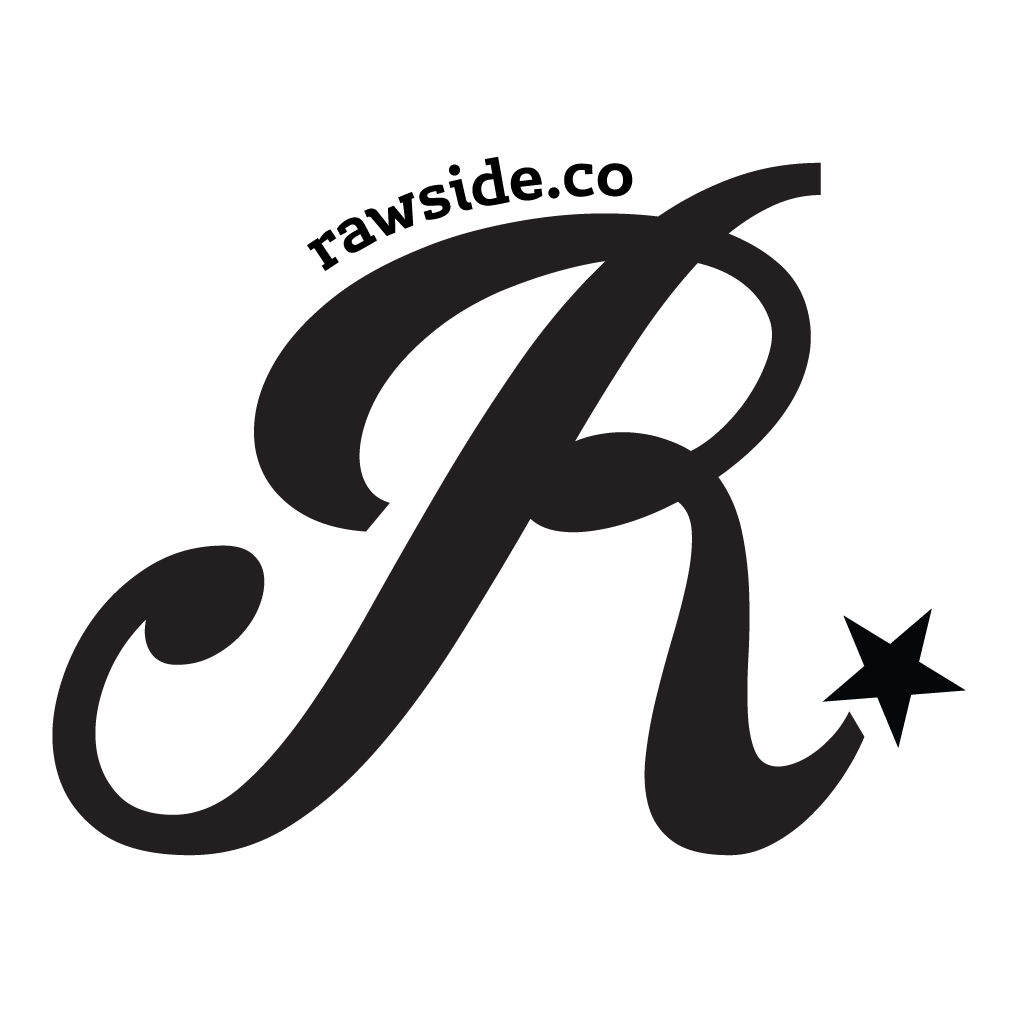

Rawside

Hampshire, United Kingdom
July 2023
Furniture
Manufacturing
United Kingdom
Founded in 2014 by Richard Gann and Liz Close, Rawside was born from the couple’s shared desire to design and make furniture that flipped the lid on the standard commercial offering – furniture made with soul. From the beginning, Rawside has been dedicated to generating as minimal negative environmental impact as possible - using sustainably sourced materials, designing furniture built to last, manufacturing in the UK, and creating minimal waste in the process. They have gathered an exceptional team to work with them on this incredible journey, all of whom have “sustain on the brain” woven into their DNA. Having created a foothold in the commercial furniture market they continue to develop new products to respond to the needs of their customers and the dynamic world we live in – products that always stay true to their environmental values. London born and bred, Rawside opened the doors to their newly constructed and sustainably designed workshops and warehouse on the edge of South Downs National Park in Hampshire in 2022 and opened their new London showroom in July 2023.
Overall B Impact Score
Governance 18.0
Governance evaluates a company's overall mission, engagement around its social/environmental impact, ethics, and transparency. This section also evaluates the ability of a company to protect their mission and formally consider stakeholders in decision making through their corporate structure (e.g. benefit corporation) or corporate governing documents.
What is this? A company with an Impact Business Model is intentionally designed to create a specific positive outcome for one of its stakeholders - such as workers, community, environment, or customers.
Workers 23.4
Workers evaluates a company’s contributions to its employees’ financial security, health & safety, wellness, career development, and engagement & satisfaction. In addition, this section recognizes business models designed to benefit workers, such as companies that are at least 40% owned by non-executive employees and those that have workforce development programs to support individuals with barriers to employment.
Community 19.2
Community evaluates a company’s engagement with and impact on the communities in which it operates, hires from, and sources from. Topics include diversity, equity & inclusion, economic impact, civic engagement, charitable giving, and supply chain management. In addition, this section recognizes business models that are designed to address specific community-oriented problems, such as poverty alleviation through fair trade sourcing or distribution via microenterprises, producer cooperative models, locally focused economic development, and formal charitable giving commitments.
Environment 23.3
Environment evaluates a company’s overall environmental management practices as well as its impact on the air, climate, water, land, and biodiversity. This includes the direct impact of a company’s operations and, when applicable its supply chain and distribution channels. This section also recognizes companies with environmentally innovative production processes and those that sell products or services that have a positive environmental impact. Some examples might include products and services that create renewable energy, reduce consumption or waste, conserve land or wildlife, provide less toxic alternatives to the market, or educate people about environmental problems.
Customers 3.7
Customers evaluates a company’s stewardship of its customers through the quality of its products and services, ethical marketing, data privacy and security, and feedback channels. In addition, this section recognizes products or services that are designed to address a particular social problem for or through its customers, such as health or educational products, arts & media products, serving underserved customers/clients, and services that improve the social impact of other businesses or organizations.